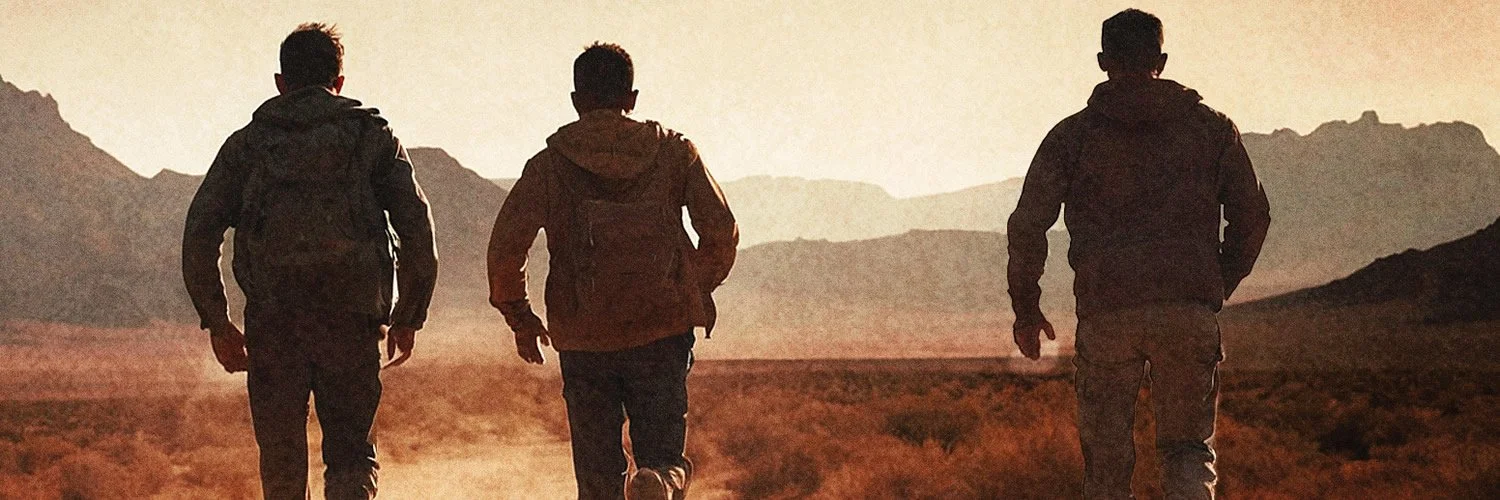The more I write, the more I appreciate other writers. I’ve never been one to settle into a beach chair with a cozy mystery, but last winter I took time to buy several traditional mysteries and loved the genre. Those of you who follow my blog posts know that I thrive on thrillers, especially political or military thrillers. You probably have read one of my Gritt Family historical adventures, a series that follows one family for eight generations of American and world thrills. You also may have heard my diatribe against the current superhero genre, stories about one man or woman with superhuman skills defeating horrendous bands of bad guys without any help.
With this as a backdrop, I want to thank mystery writers. They write stories that draw a reader into the quest for solutions, even for salvation rather than just allowing the reader to follow a hero who somehow always knows how to win, usually with a big body count and overcoming injury that would bury most of us.
So this month, I will step away from the thriller writer and historical fiction community, at least for a few days to attend Bouchercon, The World Mystery Convention. I’m looking forward to learning from writing professionals who, unlike the grand settings across the world of Rodger Carlyle, move us into one city, even one neighborhood to challenge a reader to put together clues along with a protagonist, to solve the puzzle found in crime.
I’m not ready to embrace the life of a city dweller. Over the years I’ve spent a lot of time in cities from Phoenix to Seattle, from New York to Miami, from Moscow to Auckland. But for a few days, I will be in Nashville with talented authors who paint primarily on that canvas. In Rodger’s Top-5 List this month, I list five authors who I will learn from in Nashville. I plan on walking away from Bouchercon with new story ideas, strategies and relationships. I hope to put them to work on the next rewrite of my upcoming Team Walker series, where much of the drama is set in one of my favorite places to visit, Mexico City. I suspect that rewrite may delay the release of the book a few weeks, but only if what I learn will make it a better story.











